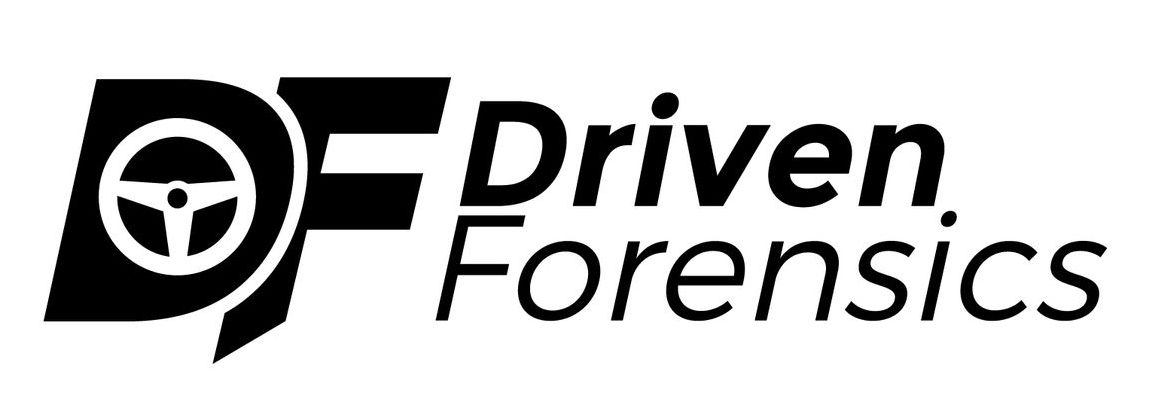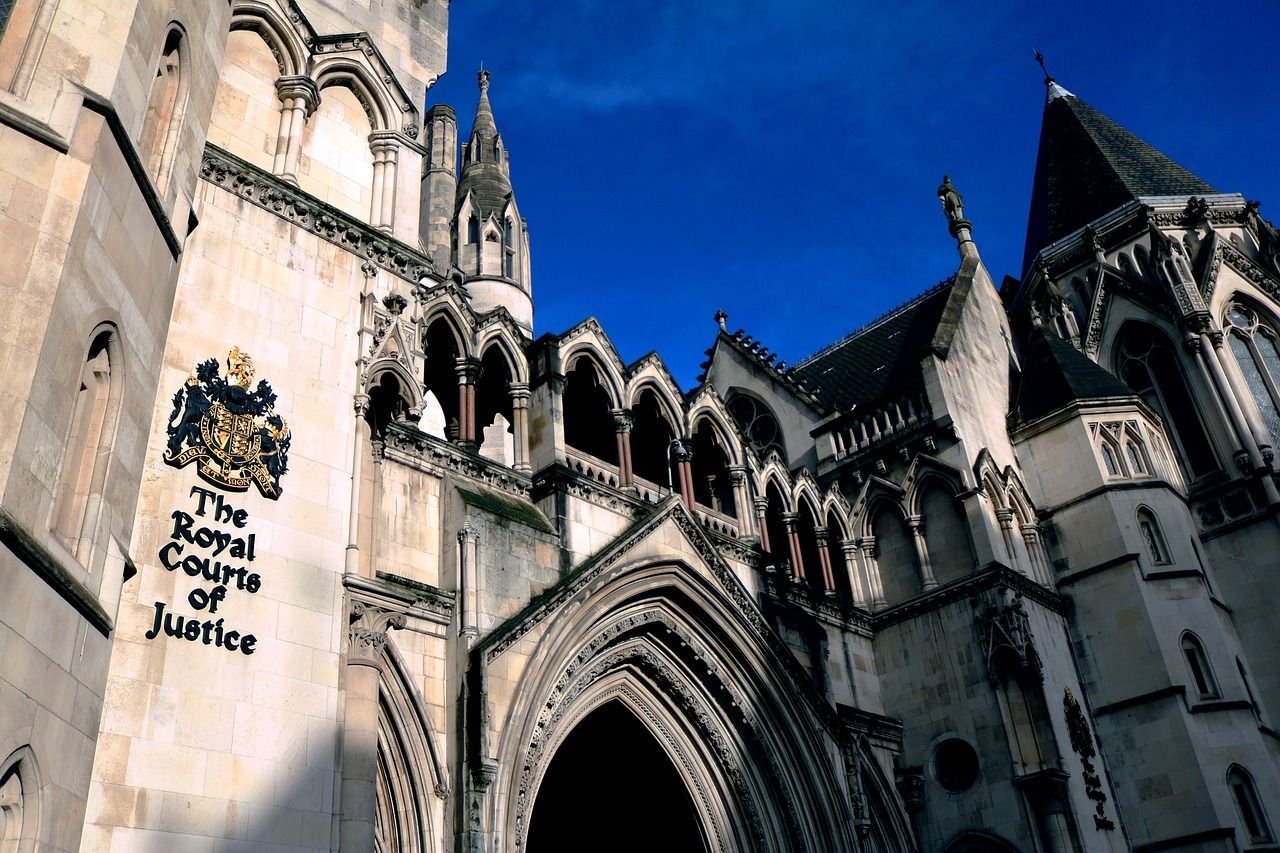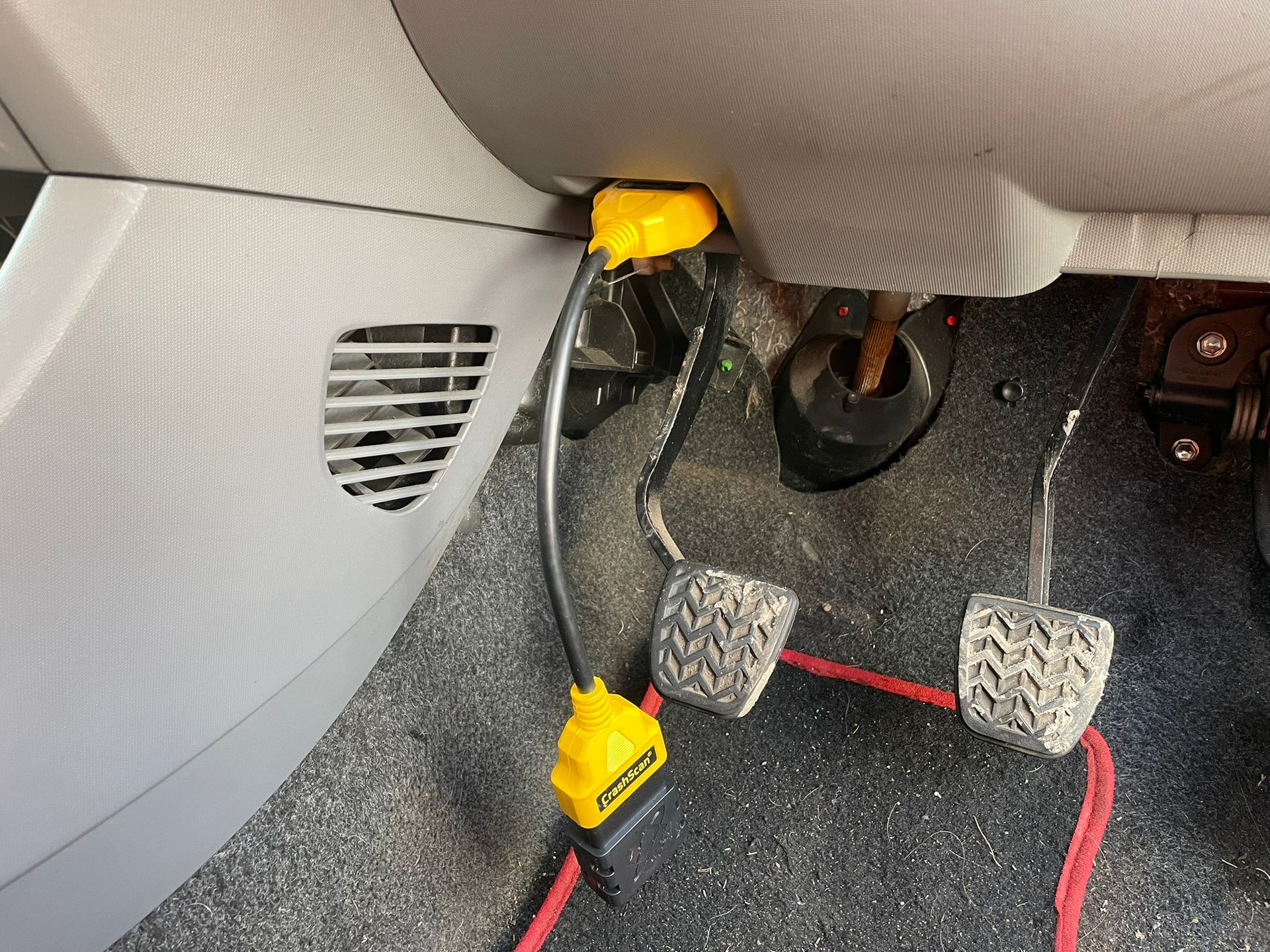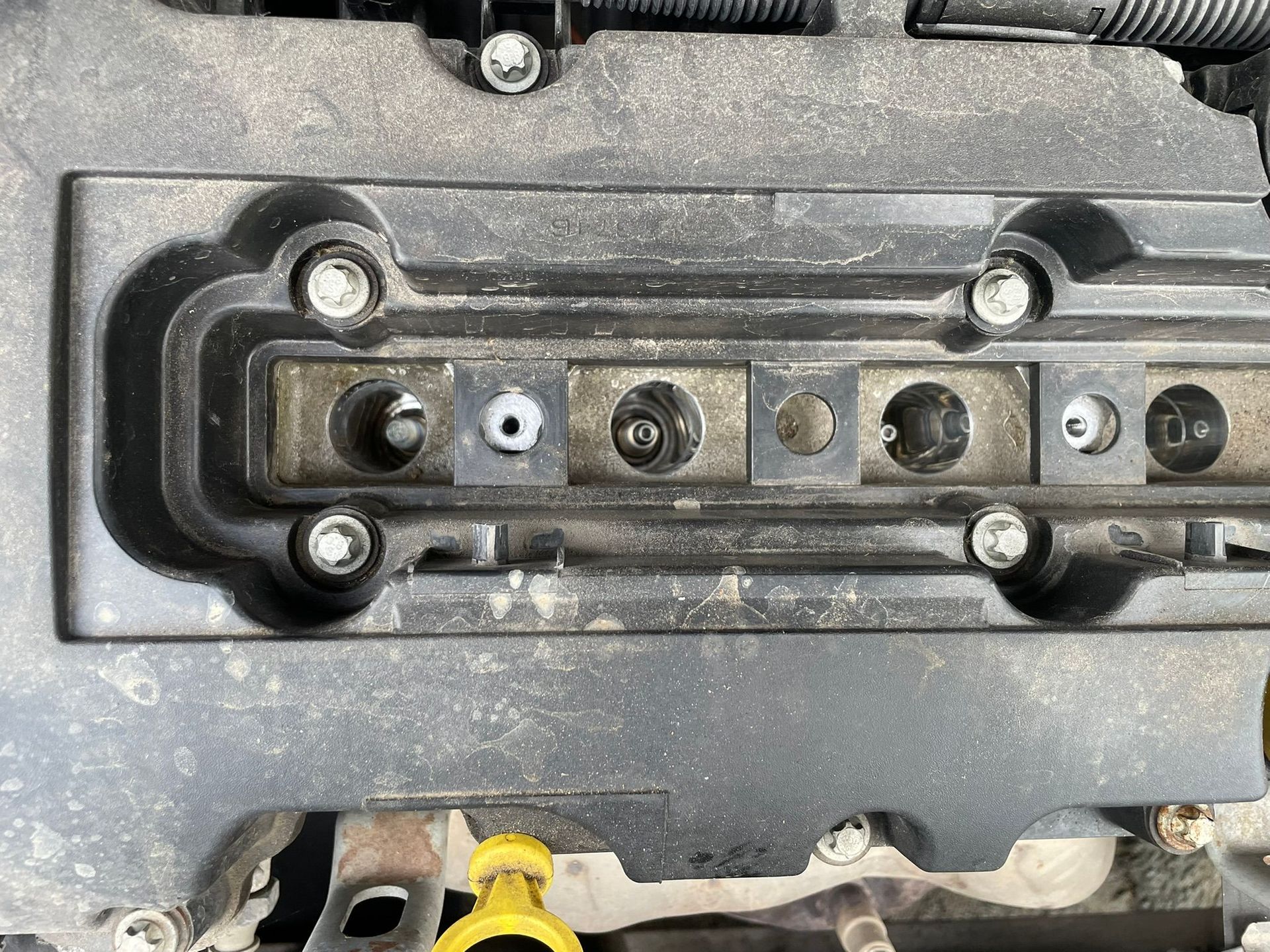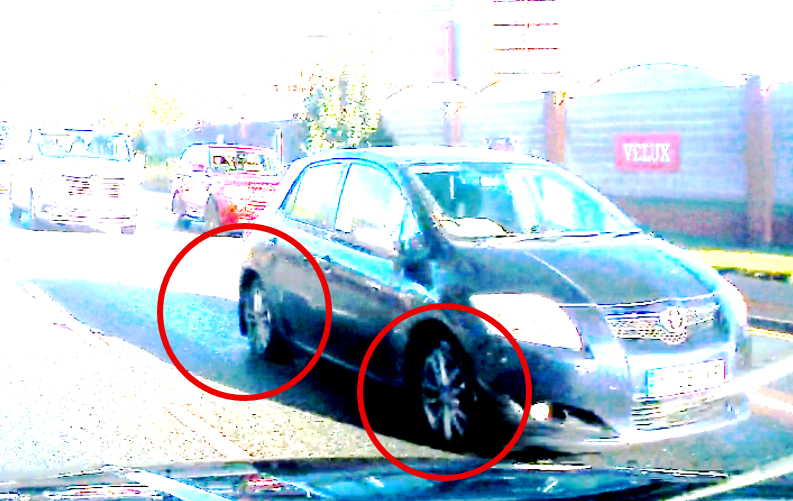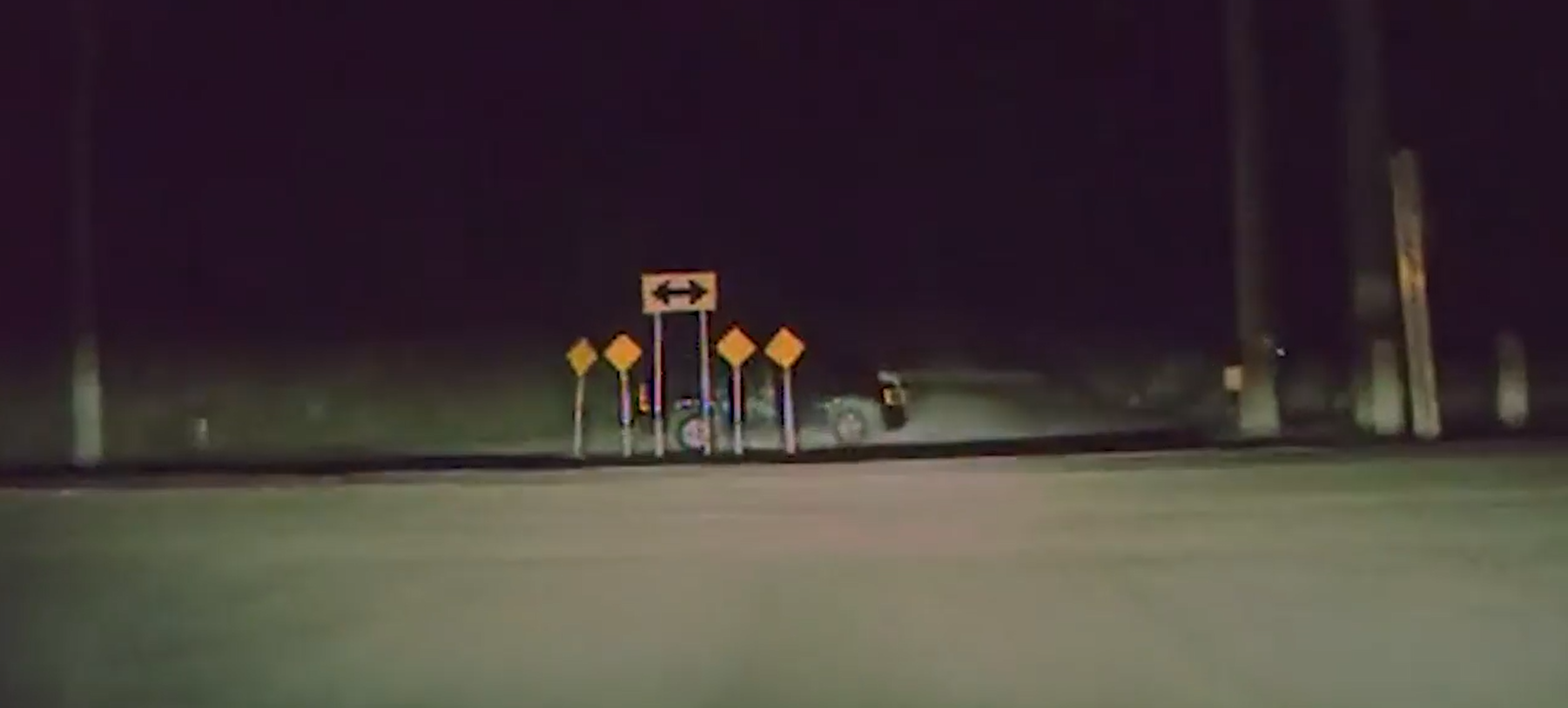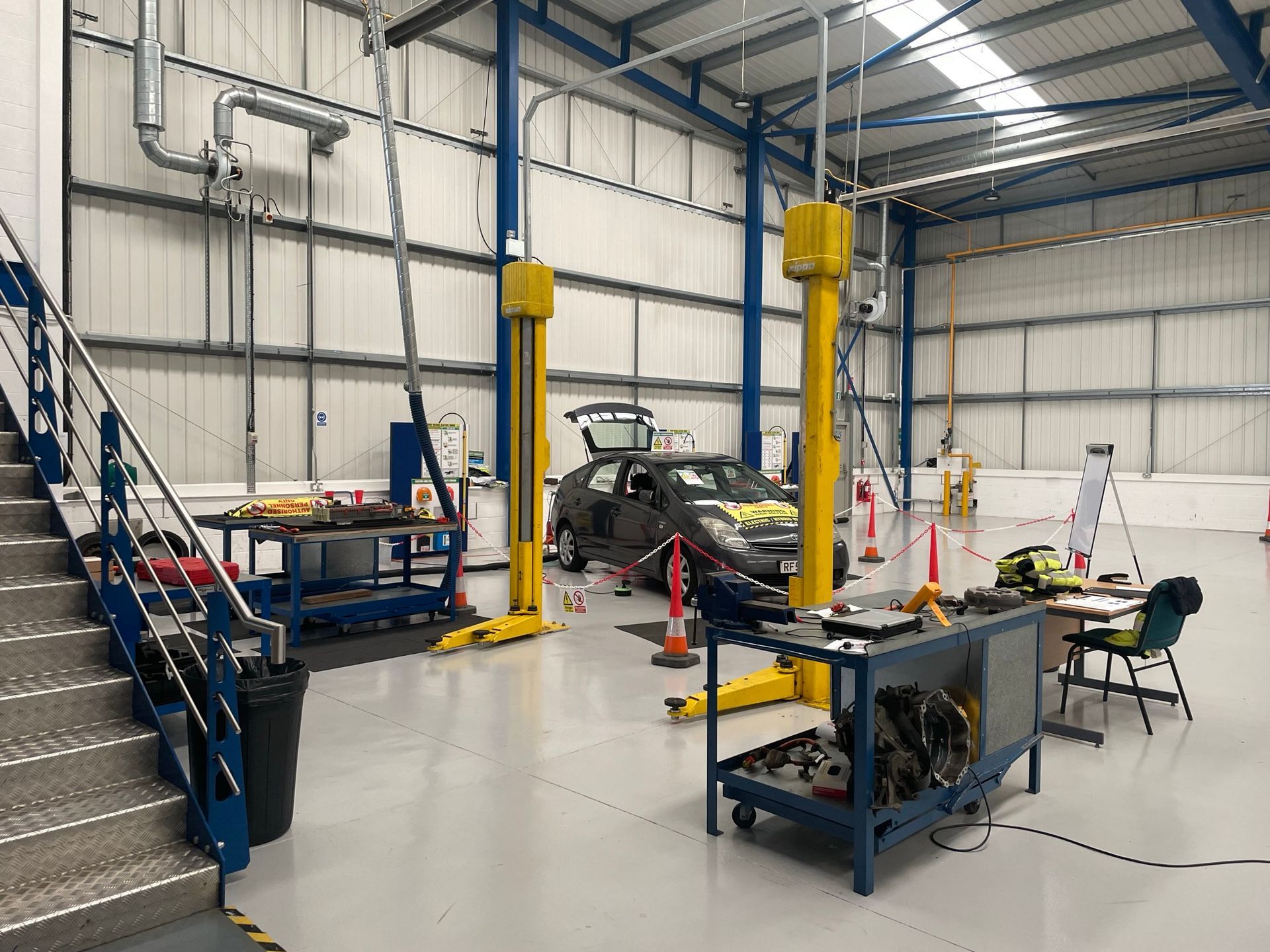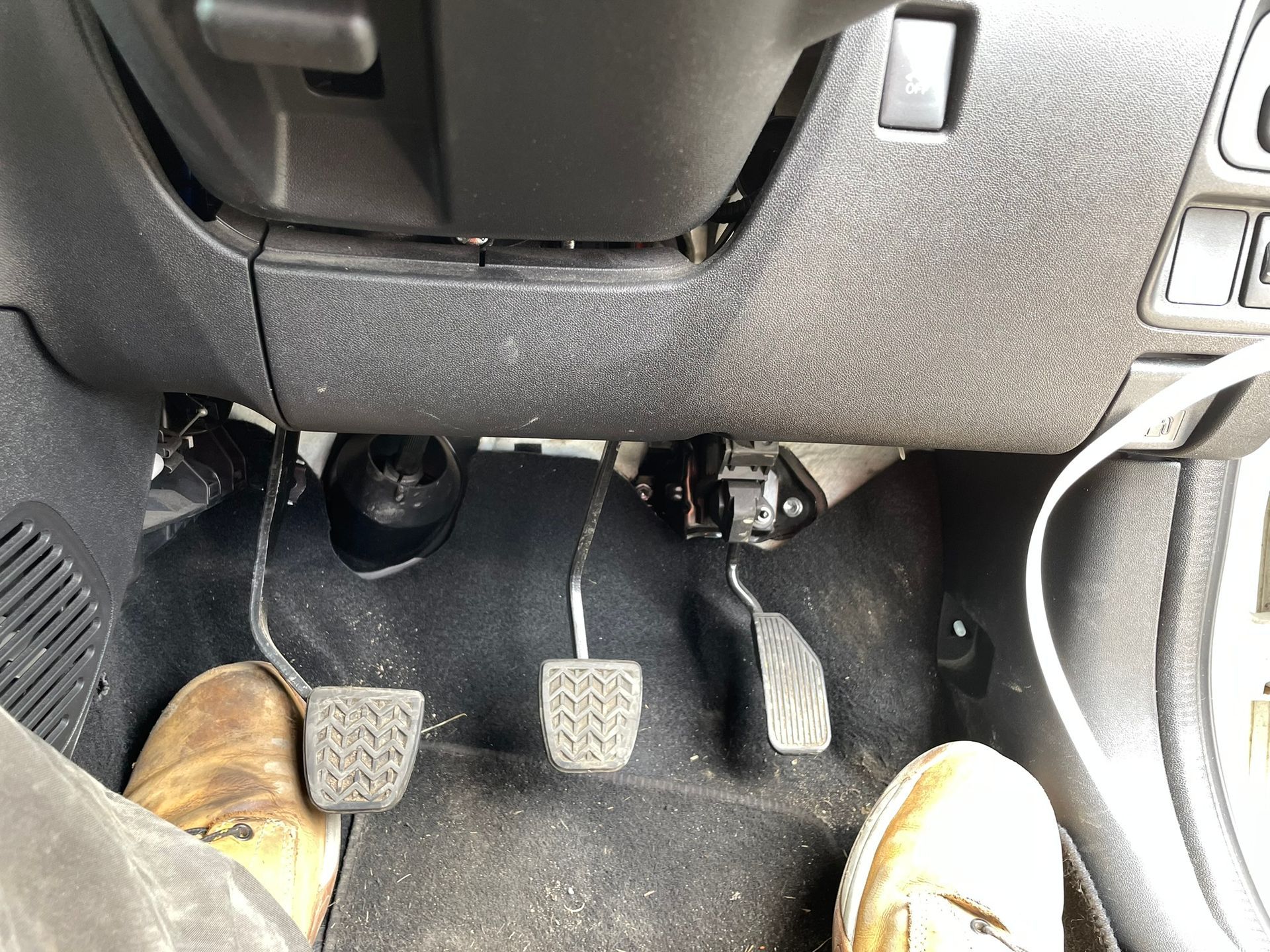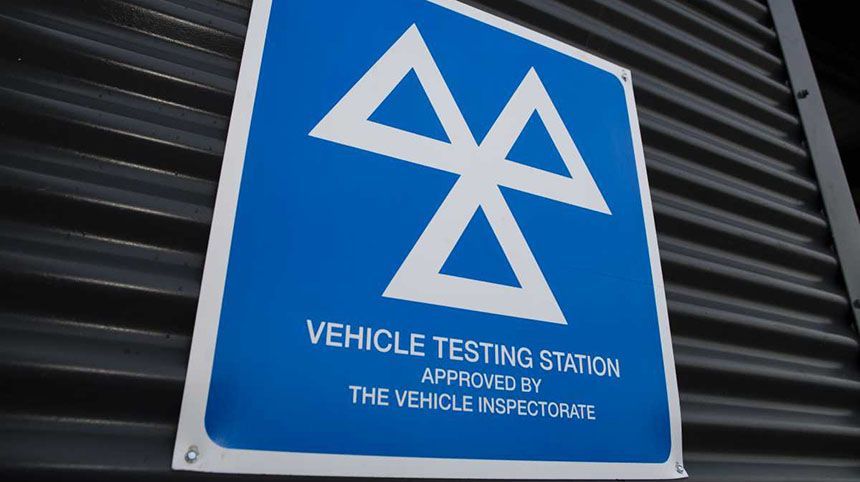What is a forensic collision investigator and how do they do it?
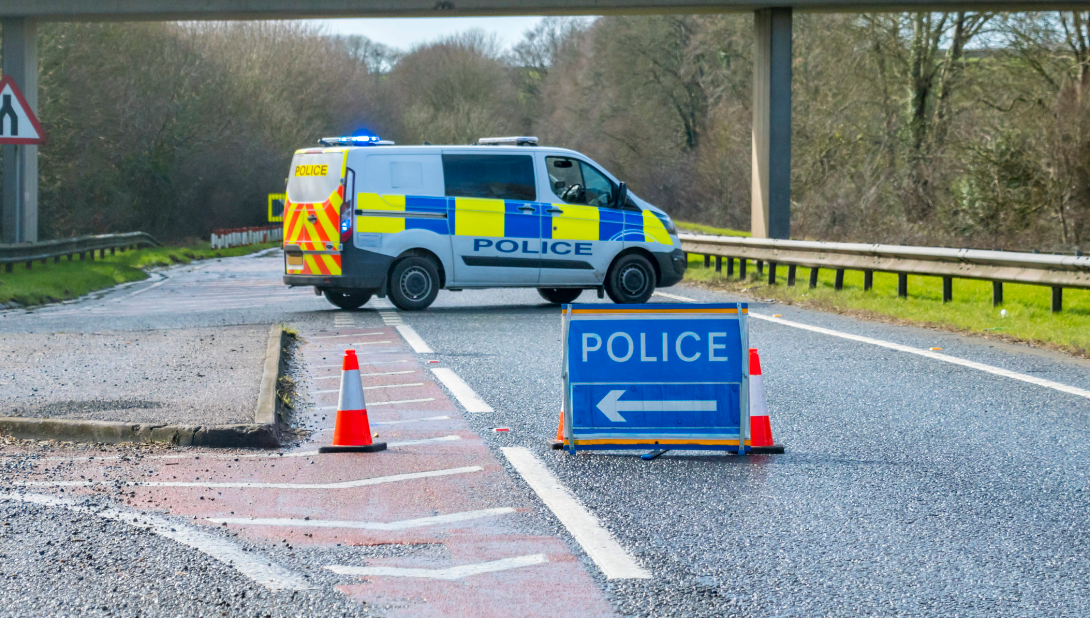
What is a forensic collision investigator?
The main purpose of a forensic collision investigator is to reconstruct a collision, determining what happened and when. In early collision reconstruction, there was an emphasis on understanding collision dynamics, physical marks left at the scene (such as skid marks etc) as well as any physical evidence (such as damage to vehicles etc). More recently however, the field has expanded to include an analysis of analogue and digital data (tachographs / black boxes / event data recorders), CCTV and component failure to name but a few.
Do all collision investigators possess skills and knowledge?
No they don't. Collision investigators come from a diverse range of backgrounds and as such have varying levels of knowledge and skills. All are capable of utilising physical evidence and collision dynamics to reconstruct a collision. Beyond this point however, collision investigators specialise in an area that is of interest to them. Driven Forensics specialises in forensic vehicle examination, in particular utilising various methods to identify, recover, assess and analyse vehicle bourne data.
Are all forensic collision investigators, vehicle examiners as well?
Most collision investigators have an understanding of vehicle mechanics as this enables them to perform their role, reconstructing collisions, but for many, this is as far as they go. Taking on a specialism, such as a forensic vehicle examination, requires additional training, qualifications and experience. Driven Forensics have been forensically examining vehicles since 2017, in which time, we have examined hundreds of vehicles, including pedal cycles, motorcycles, cars, vans, trucks and buses.
Where do collision investigators work?
Where a collision investigator works, depends on who they are working for. Many forensic collision investigators are employed by police forces, and so they attend serious and fatal road traffic collisions, attending them as soon after the collision occured as possible. Once their work at the collision scene has been completed, they will complete their investigations in workshops, offices and other areas. Other forensic collision investigators are employed in private practice. They work on a wider range of investigations including those in civil court, criminal court, in-house company investigations. They may also take on additional roles including training new collision investigators, researching collisions or even researching new collision reconstruction methods.
